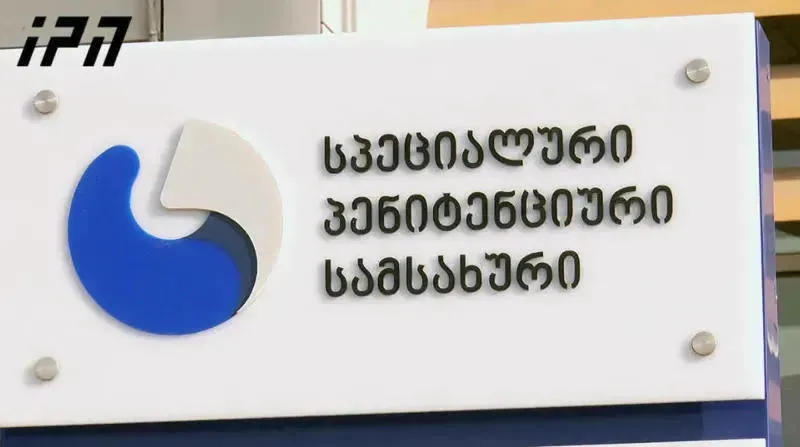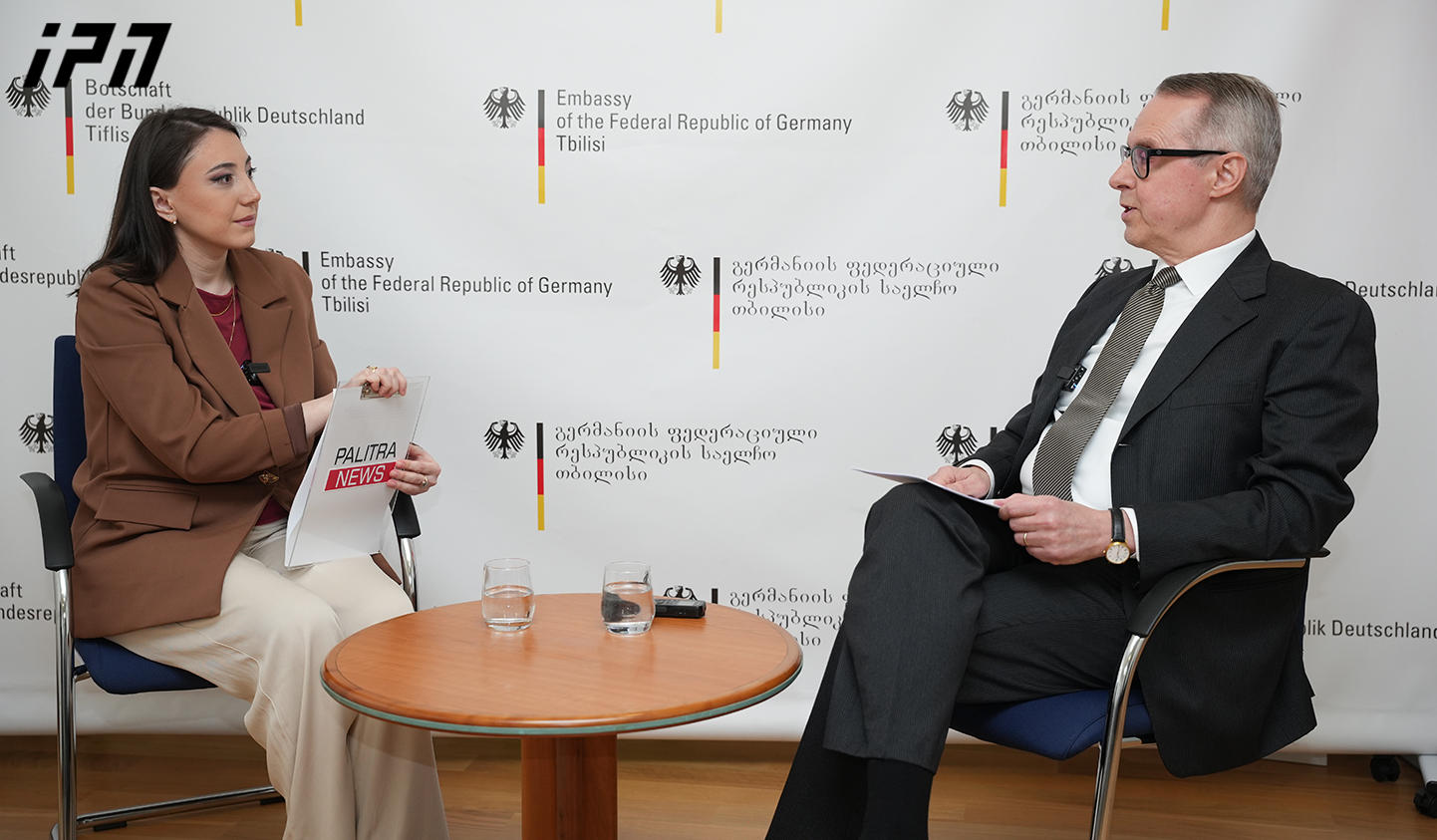Penitentiary Service: We emphasize that in recent years, the practice of full undressing during personal full-body inspections has not taken place in penitentiary institutions

Some biased television channels have presented an incomplete and distorted interpretation of the amendments made to the penitentiary regulations—amendments that were based on the recommendations issued by the Public Defender’s Office—in an attempt to manipulate public opinion. They falsely implied that the practice of full-body undressing during personal searches was widespread until now, according to a statement released by the Special Penitentiary Service.
The statement clarifies that in recent years, the practice of full undressing during personal searches has not been used in penitentiary institutions. It also notes, however, that during inspections, only the part of the body that needs to be examined—based on reasonable suspicion—may be subject to undressing.
“In the interest of informing the public, we wish to provide accurate information regarding the recent amendments made to the regulations of penitentiary institutions, which concern full-body searches of defendants/inmates and aim to bring their legal rights into compliance.
It is important to note that certain biased television channels, in an effort to manipulate public opinion, have misrepresented the explanation of changes made to the regulations in accordance with the Public Defender’s recommendations. Specifically, they falsely suggested that full-body undressing during personal searches has been a common and ongoing practice.
We stress that the practice of full (simultaneous) body undressing during personal searches has not taken place in penitentiary institutions in recent years.
It should also be noted that the regulations of several facilities already prohibited the practice of full undressing, and the current changes have now uniformly addressed this issue across all institutions.
To further inform the public, we clarify that a full personal search of a defendant/inmate is conducted using a scanner (where such infrastructure is available) or by visual inspection. The defendant/inmate has the right to choose the method and form of inspection, which is their guaranteed right.
We emphasize that during a full personal search, only the part of the body for which there is reasonable suspicion will be subject to undressing.
The Special Penitentiary Service will continue working to improve the legal status and rights of defendants and inmates,” the statement reads.
